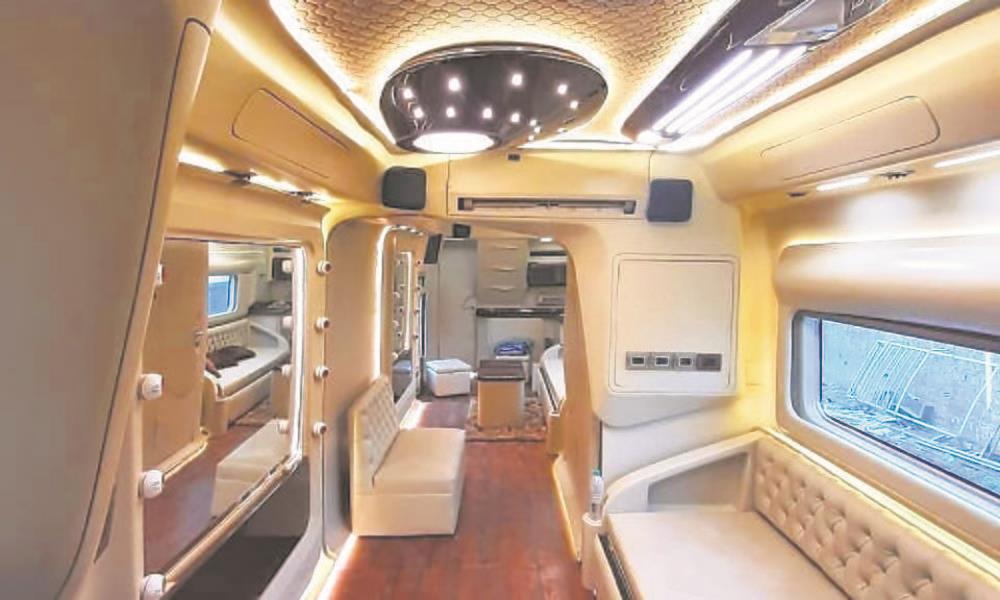Manual transmissions, also known as stick shifts, were once the norm in almost every car on the road. However, with the advent of automatic transmissions and the convenience they offer, the popularity of manual transmissions has been on a steady decline. In recent years, there has been a growing interest in manual transmissions, and some car enthusiasts are even calling it a renaissance. In this article, we will discuss the future of manual transmissions in modern cars.
The Benefits of Manual Transmissions
Manual transmissions offer several benefits over automatic transmissions, including:
- Improved fuel efficiency
- More control over the vehicle
- More engaging driving experience
- Less maintenance required
Many drivers also prefer the tactile feel of shifting gears and the sense of control that comes with it. Manual transmissions allow drivers to have more control over the vehicle, which can be especially important in certain driving conditions, such as on steep hills or in snowy or icy weather.
The Decline of Manual Transmissions
The decline of manual transmissions can be traced back to the 1950s, when automatic transmissions began to gain popularity. By the 1980s, automatic transmissions had become the norm in most cars, and manual transmissions were seen as outdated and difficult to use.
In recent years, the decline of manual transmissions has accelerated, with many car manufacturers phasing them out altogether. This is partly due to the fact that automatic transmissions have become more efficient, and partly due to the fact that many drivers simply prefer the convenience of automatic transmissions.
The Renaissance of Manual Transmissions
Despite the decline of manual transmissions, there has been a growing interest in them in recent years. Many car enthusiasts are drawn to the tactile feel of shifting gears and the sense of control that comes with it. Some car manufacturers have also started to offer manual transmissions as an option in certain models.
One reason for the resurgence of manual transmissions is the growing interest in sports cars and performance vehicles. Many sports car enthusiasts prefer the control and engagement that comes with a manual transmission, and some high-performance models are only available with a manual transmission.
The Future of Manual Transmissions
While manual transmissions are unlikely to become the norm in modern cars again, they are likely to remain an option in certain models. As car manufacturers continue to develop more efficient and advanced automatic transmissions, the gap between automatic and manual transmissions will continue to narrow.
However, for car enthusiasts and those who enjoy the tactile feel of shifting gears, manual transmissions will always have a place in the automotive world. As long as there is a demand for them, car manufacturers will continue to offer manual transmissions as an option in certain models.
Conclusion
The decline of manual transmissions in modern cars has been well-documented, but there is a growing interest in them among car enthusiasts. While manual transmissions are unlikely to become the norm again, they are likely to remain an option in certain models. For those who enjoy the tactile feel of shifting gears and the sense of control that comes with it, manual transmissions will always have a place in the automotive world.
















